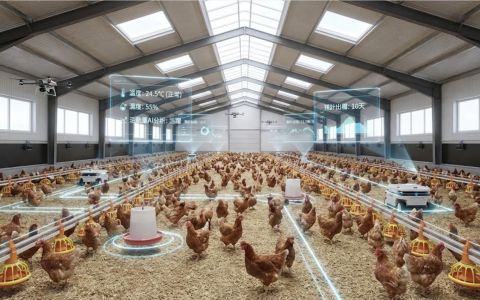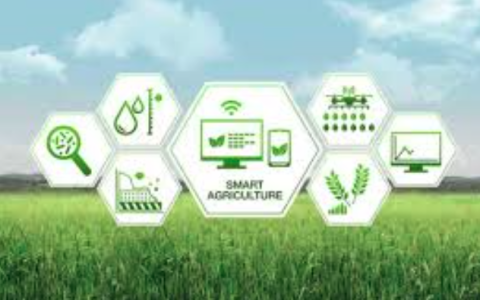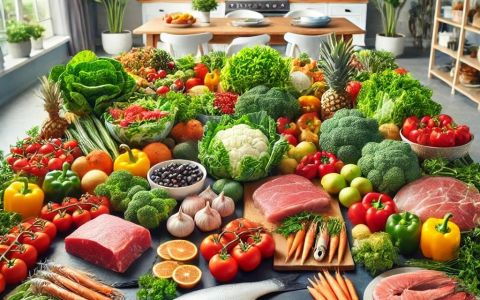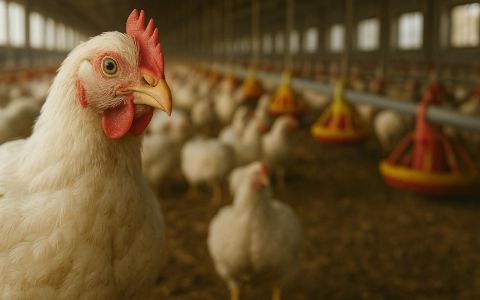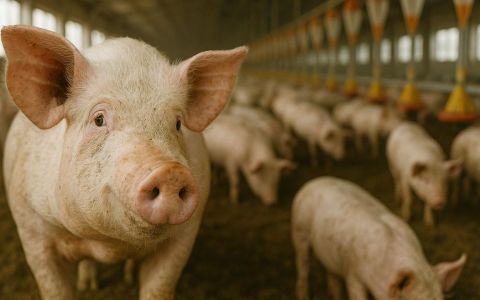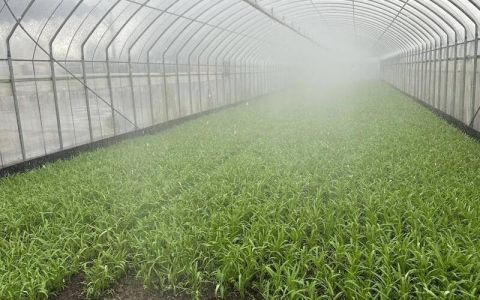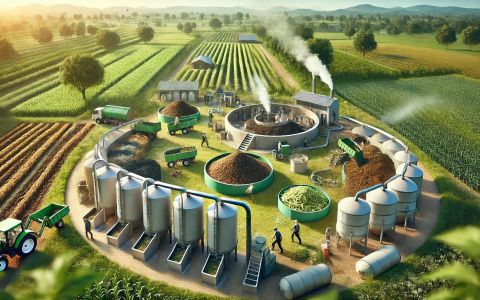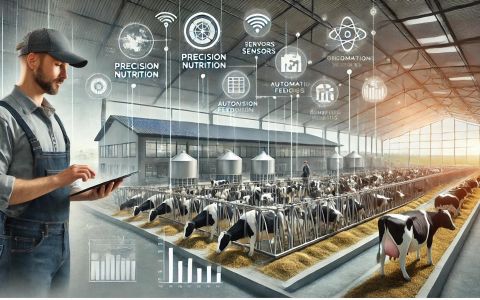Disinfection and Pest Control : Creating a high-quality environment for healty growth of livestock and poultry
Intensive breeding of livestock and poultry in Taiwan results in the rise of humidity and temperature in farms, which lead to various diseases in animals such as avian, influenza, and dysentery. To ensure the healthy growth of livestock and poultry, environmental disinfection and pest control are implemented to cease the spread of viruses and pests that can cause epidemics and huge loses to farmers.
Aquas Biotech created “Envirolyte” that automatically generate active solutions of different types and intensities - "Anolyte" and "Catolyte" - which can be widely used in any water that requires sterilization, disinfection, or purification. It also can effectively solve problems caused by bacteria and viruses, such as equipment and environmental sterilization, and even preliminarily treat animal diseases such as Mastitis, Tinea Pedis, respiratory infections, etc.
In addition to disinfection and sterilization, Dipterans control is also an important part of the biosafety system. Various diseases are spread through mosquitoes and flies, a few stings can cause pain, itching, and restlessness. Common symptoms of disease through skins such as allergies, redness, and swelling leads to loss of appetite and decreased immunity, affecting growth or diminish milk , meat, and egg production. “Green Fast Transmission Co., Ltd.” designed, developed, and manufactured “Outdoor Insect Trap Lamp” to control pests in breeding farm, with powerful hit power grid effectively trap mosquitoes, flies, and flies.
The stainless steel perforated power grid and protective mesh make it effortless to trap insects. Designed with Taiwan’s exquisite industrial grade material design made to resist any type of weather from rainstorm to extreme temperature changes. Included adequate spare parts for subsequent maintenance and complete peripheral accessories make it the best choice for pest control, ensuring reliable maintenance.
Other News
This report is based on the 2024 Taiwan Poultry Statistical Manual, published by the Veterinary and Livestock Development Foundation. The following is a quick summary highlighting the key data and development trends of Taiwan's poultry industry in 2024:
Climate change, labour shortages and rising sustainability demands are reshaping agriculture. Here are the key smart farming technologies and trends transforming the sector in 2026.
Taiwan's ready-to-eat agricultural and fishery products and functional foods market is undergoing rapid transformation and growth, primarily driven by modern consumers' high demand for convenience, health, and sustainability. In terms of supply chain, government and private enterprises are heavily investing in automated processing technologies and nationwide cold chain logistics systems to address labor shortages, enhance food safety and quality, and strengthen export competitiveness.
Aquaculture has become a cornerstone of Taiwan's fisheries sector. As of 2023, the industry's production value reached approximately NT$40.2 billion, accounting for nearly 41% of the country's total fisheries output.
Taiwan's poultry industry represents a substantial market opportunity for international equipment manufacturers and technology providers.
Taiwan's livestock production value reaches approximately NT$185.8 billion annually (2021 data), accounting for about 34.6% of the total agricultural output value
Smart irrigation and scheduling tech improve greenhouse farming efficiency in Taiwan, reducing labor needs and increasing productivity.
Taiwan’s agriculture plays a pivotal role in national food security, economic development, and global trade. Despite limited arable land, climate challenges, and an aging rural workforce, Taiwan has developed a highly efficient and technologically advanced agricultural system. Today, the sector is undergoing a digital and sustainable transformation through smart farming, automation, and eco-friendly practices—aimed at boosting productivity, reducing labor reliance, and improving resilience.
Discover how cutting-edge carbon reduction strategies and circular technologies are transforming agriculture, with inspiring examples from Taiwan and Japan leading the way to a greener, more sustainable future.
Integrating smart technologies such as sensors, IoT, and AI into agriculture and livestock sectors enables precise nutritional management, enhancing production efficiency, reducing waste, and promoting environmental sustainability.









